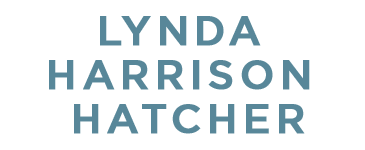A Rare Opportunity in RIC
Coming on November 14: A rare opportunity for any parent who is concerned about a child. The best-of-the-best in the field of adolescent substance abuse will be assembled in one place, sharing their knowledge and answering your questions.
Here’s who you’ll meet:
Marty Buxton, MD, ASAM, Medical Director for Family Counseling Center for Recovery (FCCR)
Barbara Burke, LCSW, Director of Adolescent and Young Adult Programs at Family Counseling Center for Recovery
Cindy Blanton, NCACI, CSAC, Admissions Manager at Phoenix House Mid-Atlantic
Chuck Adcock, LCSW, Program Director of Family Counseling Center for Recovery
James Wanner, MD., Staff Psychologist for the Adolescent Program at Caron Treatment Centers
Mark O’Shea, LCSW, Licensed Clinical Social Worker, Private Provider
These are the people you’ll be begging to get an appointment with the minute you have concerns about substance abuse in a child. You’ll come away feeling informed and empowered as they answer these critical questions:
1. Is it depression, ADD, ADHD, or substance abuse?
2. When should I be concerned?
3. What drugs are kids using today?
4. Is marijuana addictive?
5. What is the impact of substance abuse on families?
6. What’s the difference between therapy and treatment?
Put this on your calendar. I’ll see you there.
November 14 6-8pm
Doubletree Midlothian Hotel,
1021 Koger Center Boulevard,
Richmond, VA, 23235
The event is free but an RSVP is needed by November 7th.
Do it at www.caron.org/adolescent-sa-
Questions? Contact Jerri Shannon at jshannon@caron.org 757.876.5640.
